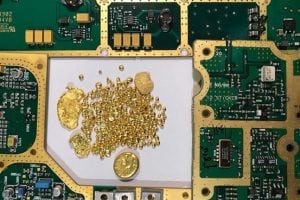
Gold mining is historically important to North Carolina: It experienced America’s first gold rush in the early 1800s, and the Charlotte Mint was built to mint coins from all the gold coming out of the ground.

Gold mining is historically important to North Carolina: It experienced America’s first gold rush in the early 1800s, and the Charlotte Mint was built to mint coins from all the gold coming out of the ground.
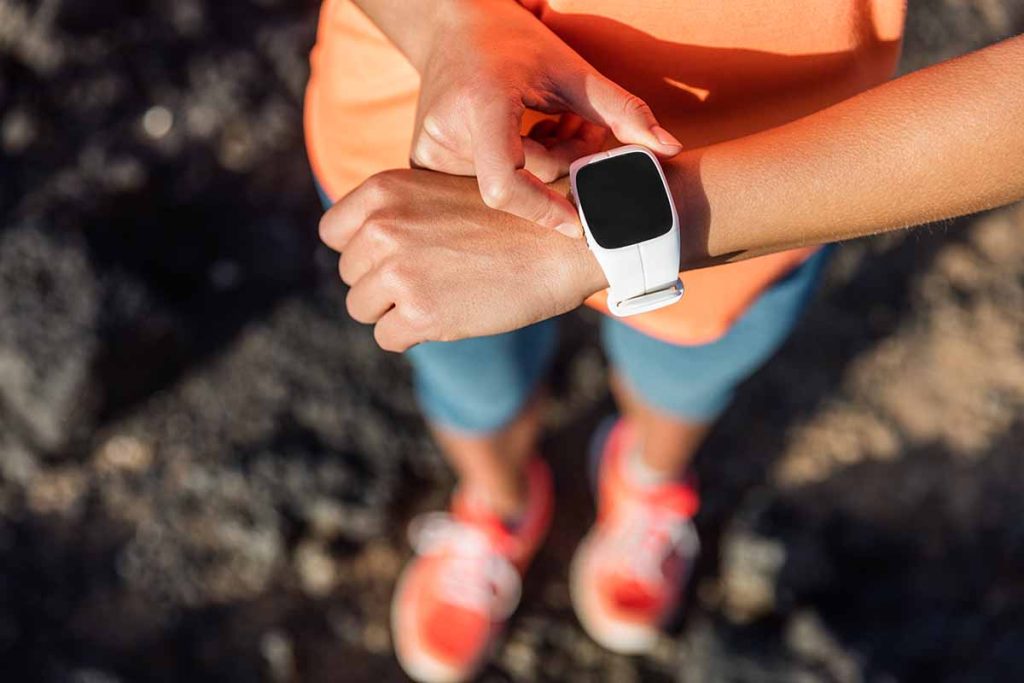
Devices covered by the recently released interpretation include smart TVs, smart watches, fitness trackers and IP-connected home security devices. | Maridav/Shutterstock
A formal interpretation of the R2v3 standard aims to help certified facilities deal with smart devices that pose unique data sanitization challenges.
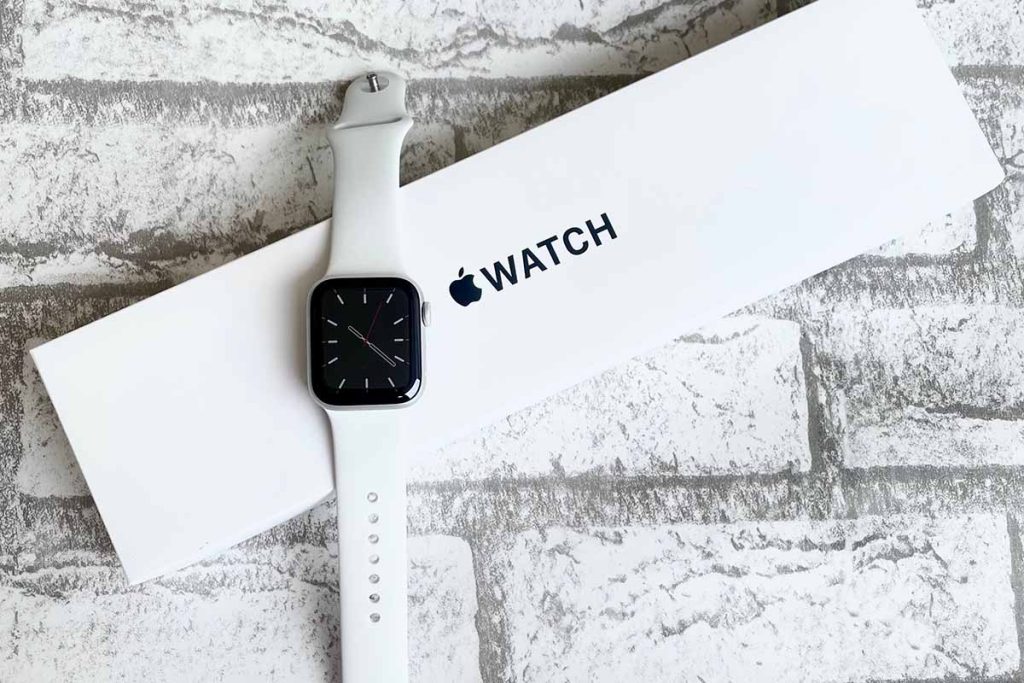
SERI is working to clarify its R2v3 standard on how to handle data on different kinds of smart devices. | Anastasia Desiana/Shutterstock
This story has been corrected.
It has long been acknowledged in the reuse world that some smart items, such as fitness trackers, are difficult to properly wipe personal data from. One organization is now taking steps to address the problem.
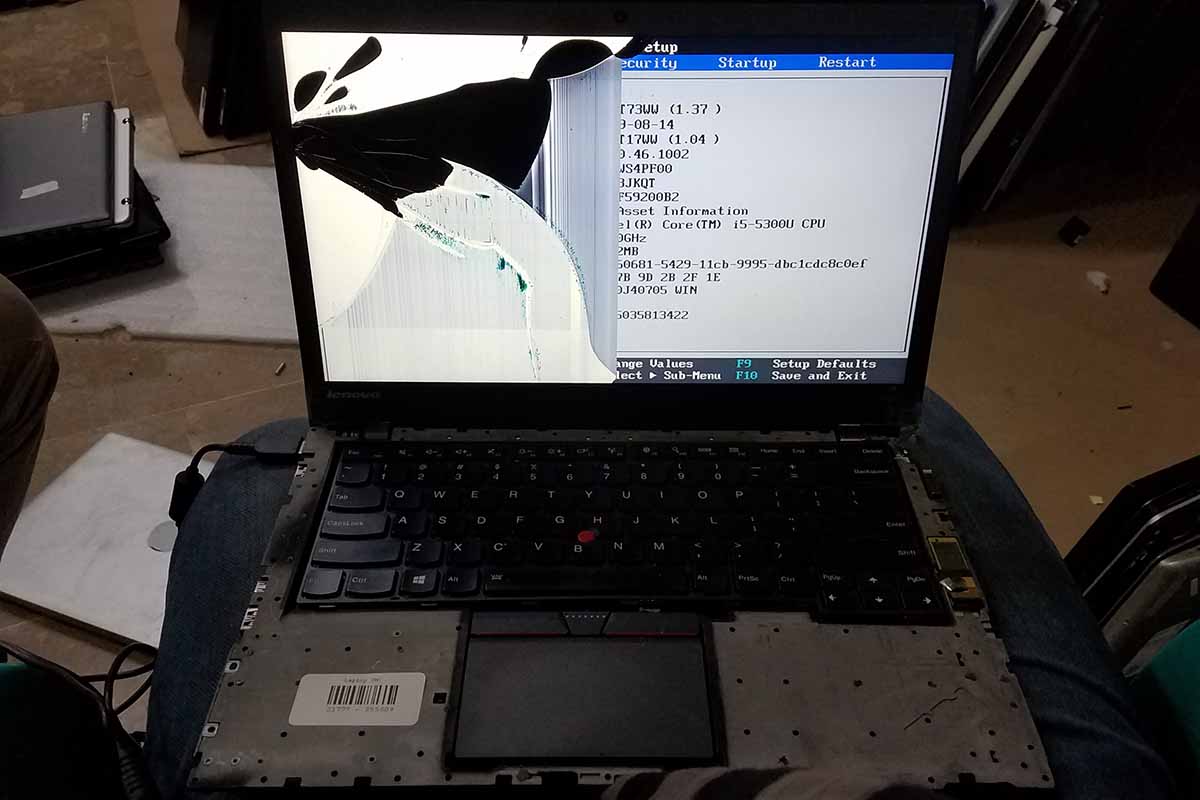
A laptop that WT World Trading claims Tech-Resale shipped to it in the United Arab Emirates. | Courtesy of WT World Trading
The e-Stewards certification program has blacklisted Tech-Resale for at least two years, concluding that the electronics reseller violated several of the standard’s requirements.
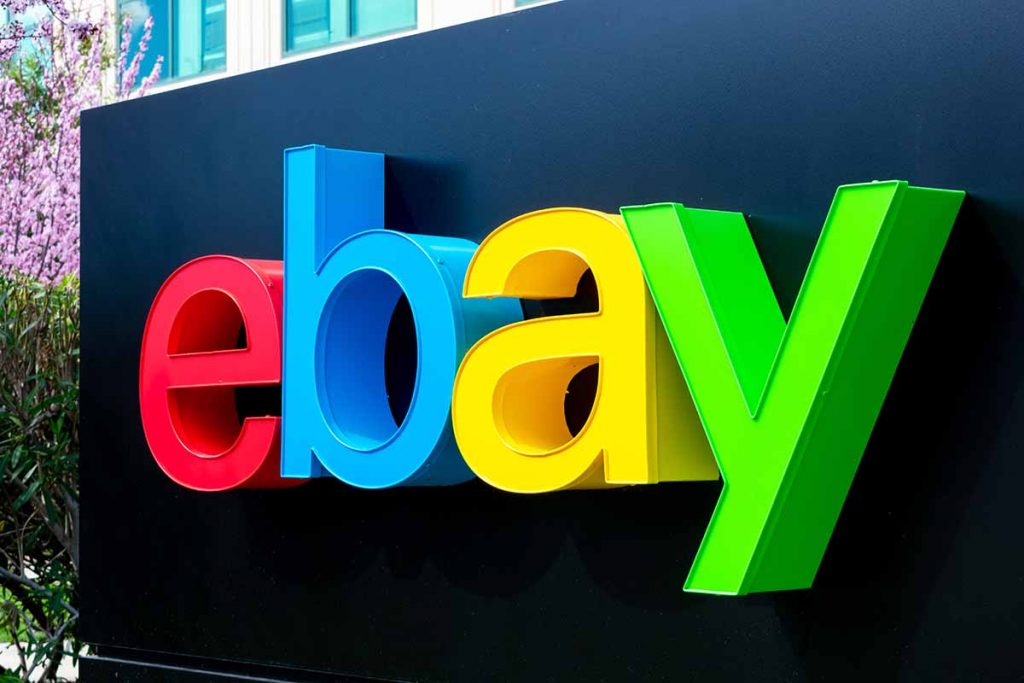
U.S. remarketers now have the option of having Phonecheck evaluate and produce reports on their devices sold through the eBay Refurbished program. | Michael Vi/Shutterstock
One of the world’s biggest e-commerce channels, eBay, has launched a program allowing refurbishers to sell Phonecheck-certified devices through the platform. One expert explained what the development means for remarketers.
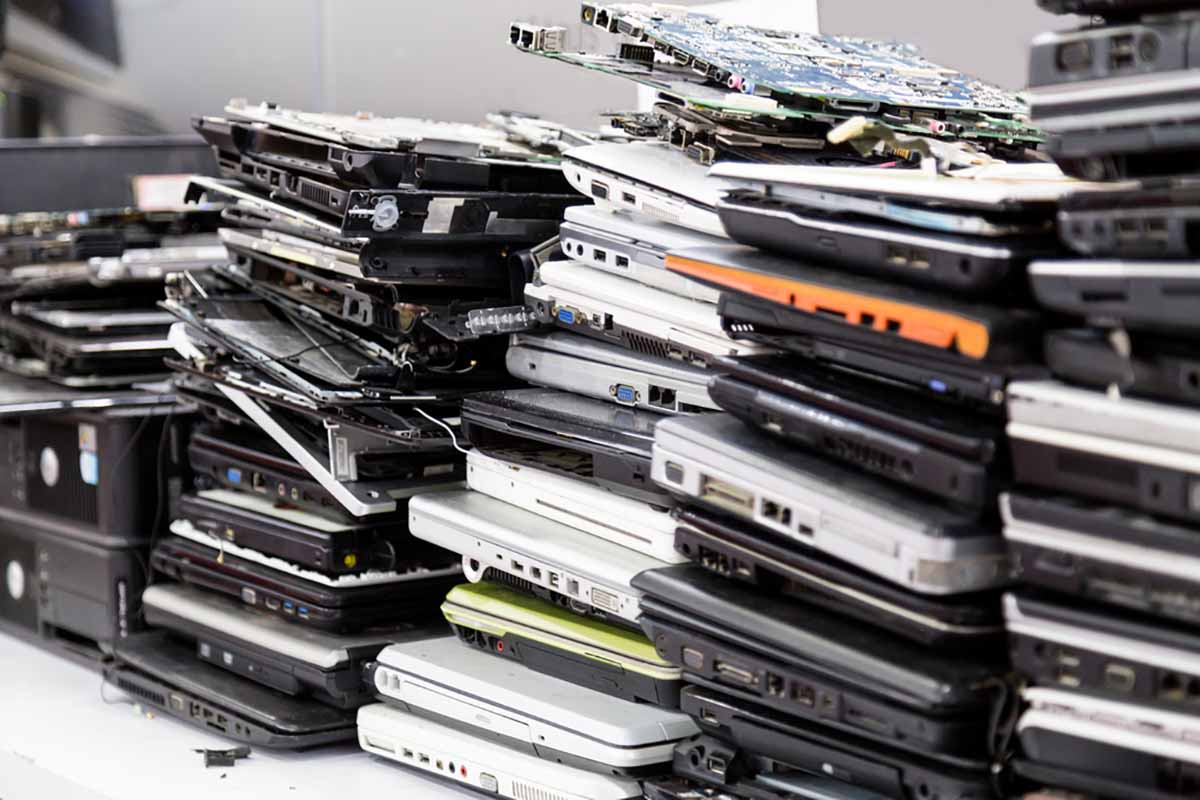
SERI data shows 33% of R2v3-certified companies have certified for e-scrap recycling services. | ThamKC/Shutterstock
Recently published R2v3 certification data illustrates just how diverse the industry has become, with relatively few reuse and recycling Swiss Army knives out there.
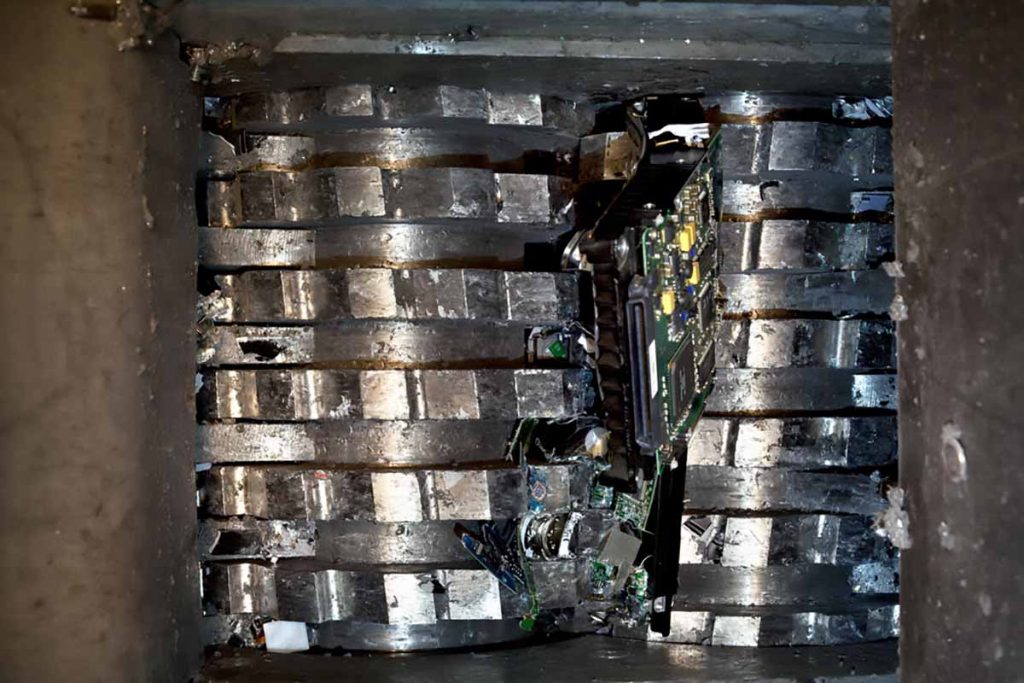
Many e-scrap firms that shred material or engage in other forms of data destruction are NAID AAA Certified. | Huguette Roe/Shutterstock
An industry association has made changes designed to ensure that data destruction customers don’t confuse “NAID member” to mean “NAID AAA Certified.”
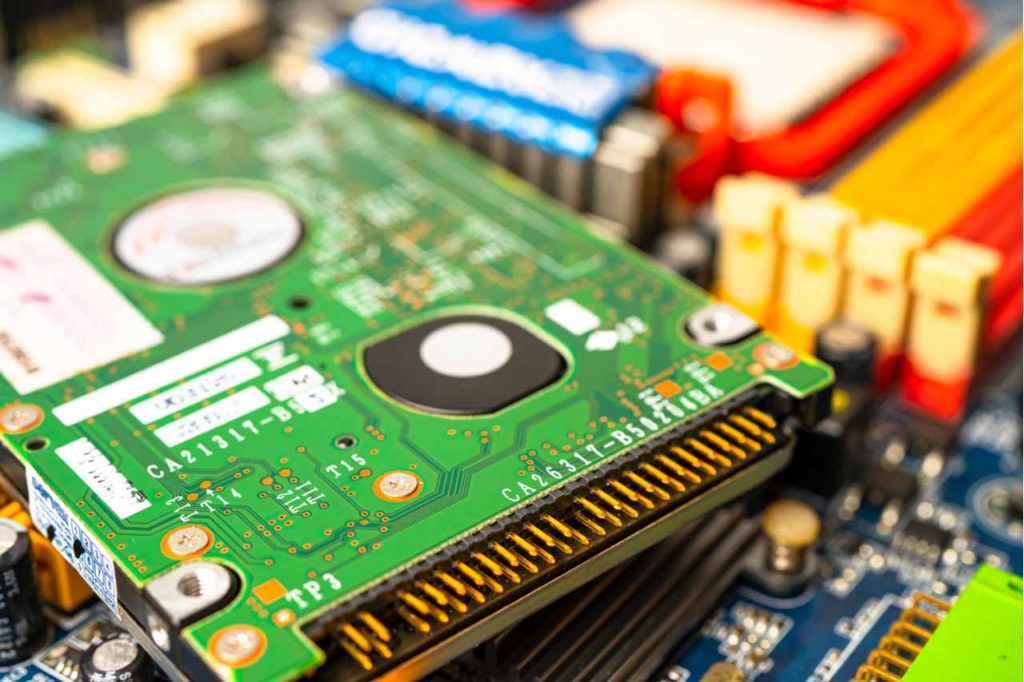
Responding to recent criticism of certifications generally, e-Stewards leadership argues standards have evolved to be more user friendly and are prepared to address a rapidly changing industry. | sasirin pamai/Shutterstock
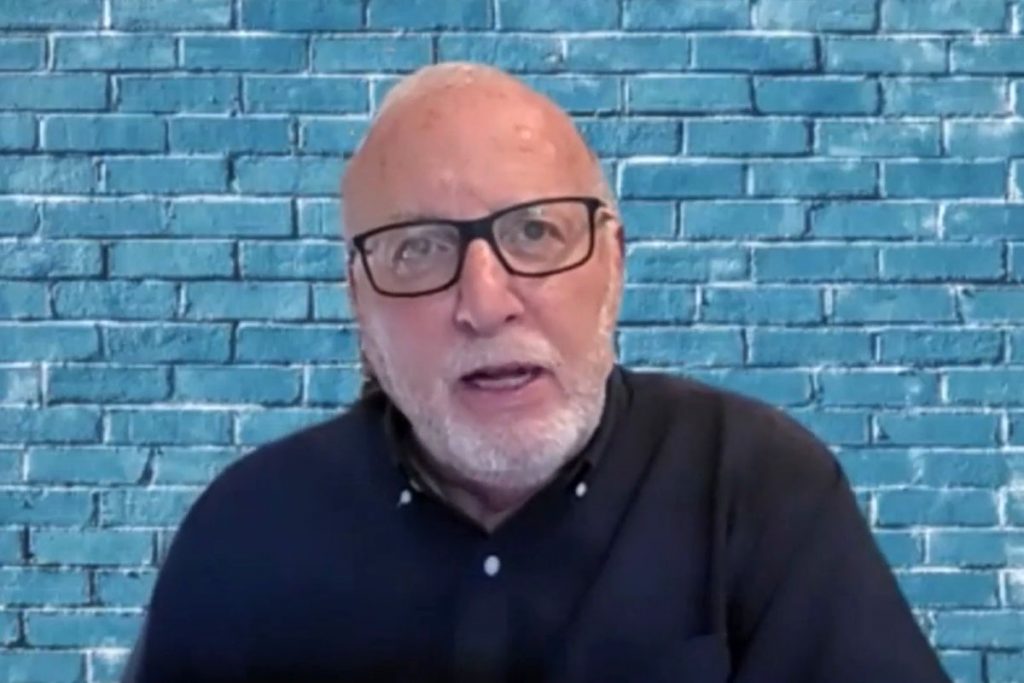
Bill Morris of Blue Star Recyclers, which today has 52 employees, 48 of whom have a diagnosed disability. | Screenshot of online presentation.
In today’s labor market, companies may only dream about having less than 10% employee turnover and little to no absenteeism in their more-repetitive jobs. But data demonstrates those are some of the advantages of employing adults with disabilities.

A leader with SERI responds to a critical op-ed by highlighting the business value of R2 certification. | jannoon028/Shutterstock

